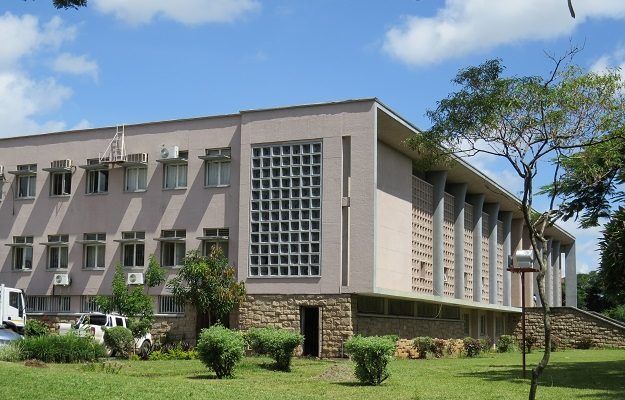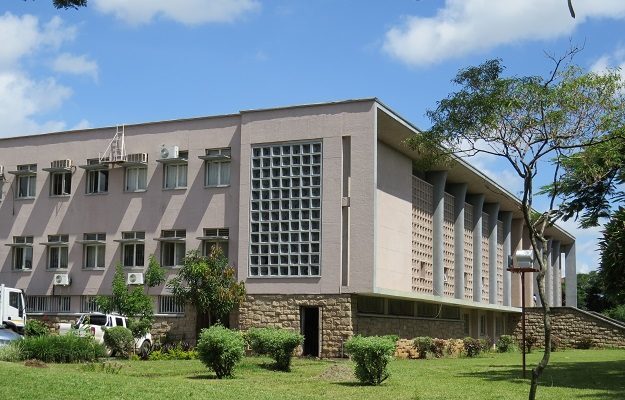By Burnett Munthali
The recent calls for an investigation into the conduct of judicial officers, particularly Justice Ken Manda, have thrust the issue of judicial corruption into the public eye, prompting scrutiny of the Malawi Judiciary’s response. After almost three weeks of mounting pressure from the public and various stakeholders, the Judiciary has finally begun to take action. However, this delayed response raises critical questions about the institution’s awareness of corruption and its willingness to address it.
One of the foremost questions that arise from this situation is whether the Judiciary was previously aware of the corruption allegations involving its officers. The long-standing issues of judicial misconduct and corruption are not new phenomena in Malawi. Various reports and public complaints have highlighted these issues for years, indicating a systemic problem within the judicial framework. If the Judiciary was aware of these corrupt practices, the delay in action is concerning, suggesting either negligence or a lack of commitment to addressing such a critical issue.
The Judiciary’s decision to wait almost three weeks before initiating any investigations can be interpreted as an attempt to sidestep immediate accountability. This period of silence can exacerbate public distrust, leading to perceptions that the Judiciary is either reluctant to address corruption or is complicit in it. The fact that public outcry was necessary to prompt action raises questions about the internal mechanisms for addressing grievances and the effectiveness of oversight within the Judiciary.
This incident is not an isolated event; it mirrors previous instances where the Judiciary has faced scrutiny for its members’ conduct. The recurring nature of these allegations calls into question the Judiciary’s ability to self-regulate and uphold ethical standards. The public’s demand for transparency and accountability is a reaction to a historical pattern of inaction and the perception that the judiciary operates above scrutiny.
The urgency of addressing judicial corruption cannot be overstated. There is a growing consensus that a complete overhaul of the Judiciary is necessary to restore public confidence. Such an overhaul should encompass comprehensive reforms aimed at enhancing transparency, establishing stringent accountability mechanisms, and fostering a culture of integrity among judicial officers. This includes regular audits, training programs on ethical conduct, and robust channels for reporting misconduct without fear of retaliation.
The delayed response from the Judiciary in addressing allegations of corruption signifies a larger systemic issue that requires immediate attention. It is imperative for the Judiciary to demonstrate its commitment to upholding justice and maintaining public trust. As the investigations commence, it is crucial that they be thorough and transparent to ensure accountability. The ongoing public discourse surrounding this issue reflects a growing demand for a judiciary that is not only free from corruption but also responsive to the needs and concerns of the citizens it serves. The time for reform is now, as the integrity of the judiciary is paramount for the health of Malawi’s democracy.




